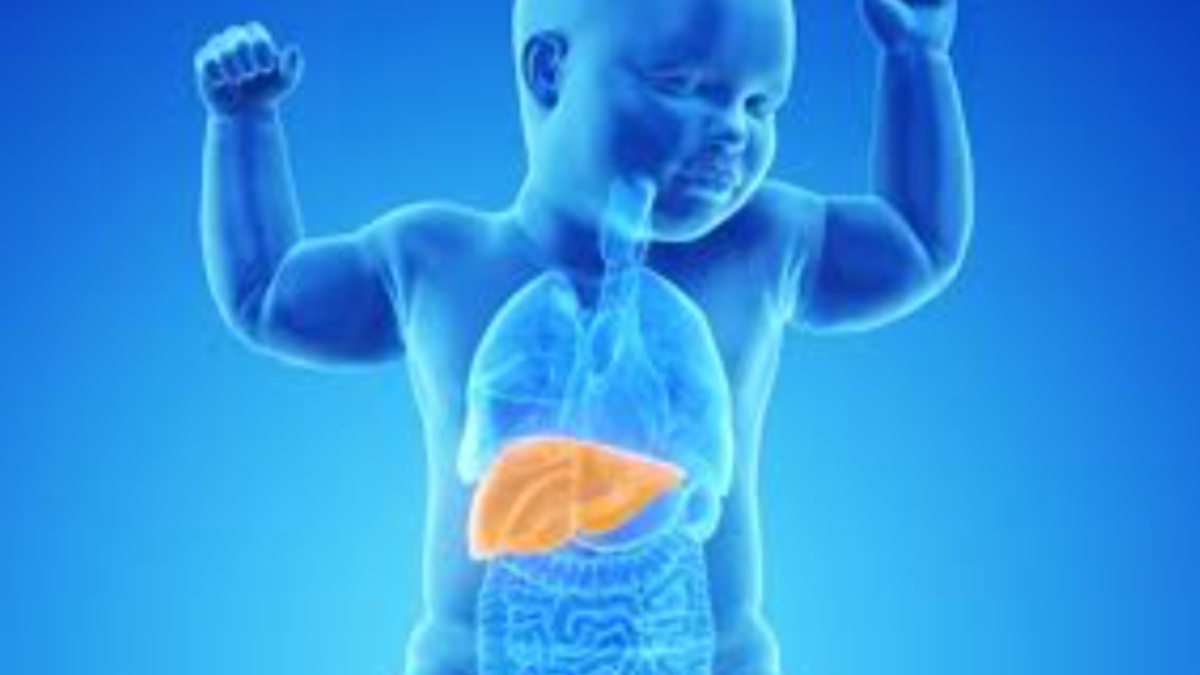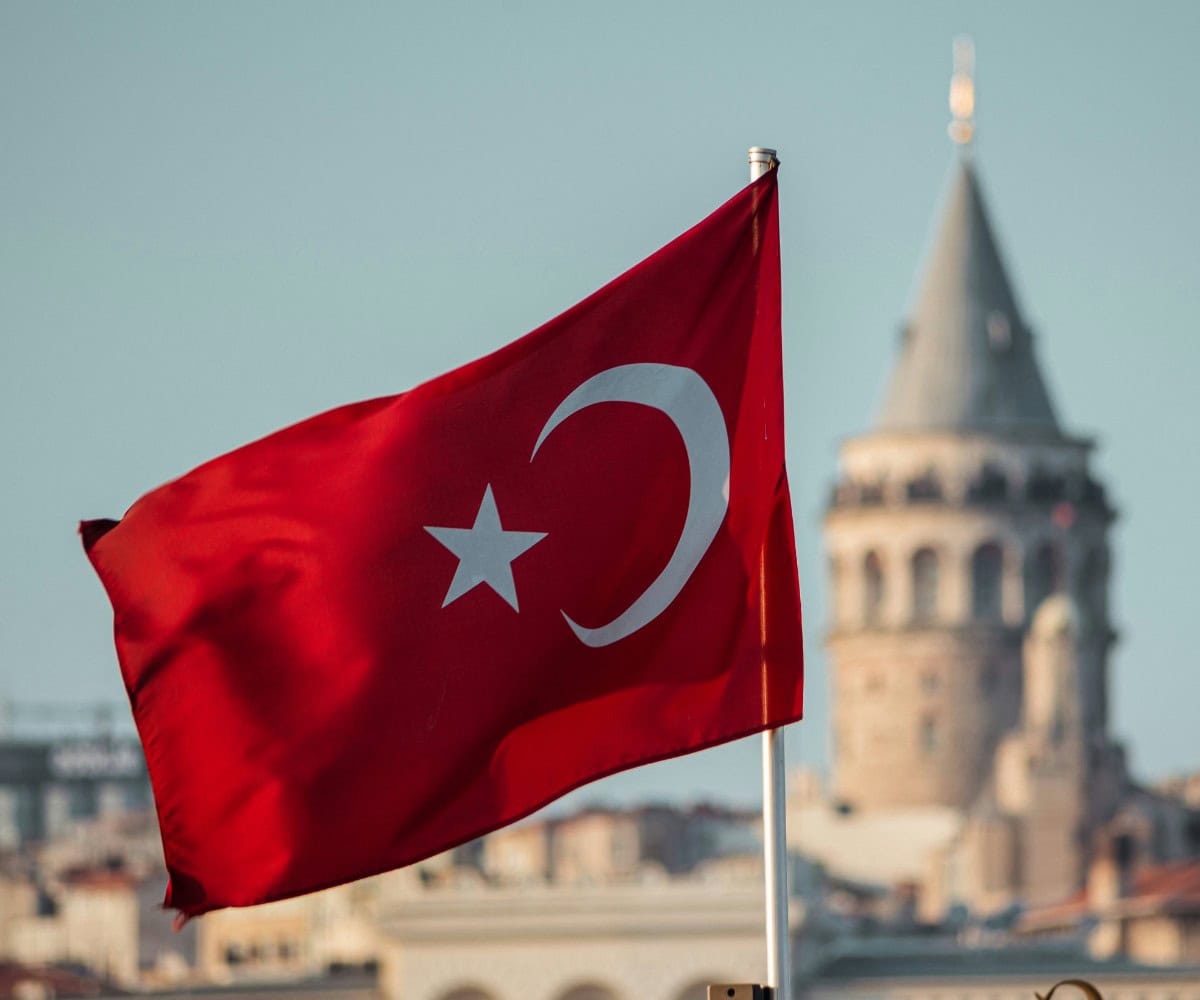Iron, an essential mineral, plays a vital role in our body, particularly in oxygen transport and energy production. However, too much iron can be harmful to our health, particularly for children. This condition, known as iron overload, can silently damage the liver, leading to serious complications if left undetected.
Understanding Iron OverloadAccording to , our bodies carefully control iron absorption and storage, but certain factors can upset this balance and lead to iron buildup in organs such as the liver, heart, and pancreas.
Some common causes of iron overload in children include:Hereditary hemochromatosis: This genetic disorder affects iron absorption, leading to excessive iron buildup.
Chronic blood transfusions: Repeated blood transfusions, often required for certain blood disorders like thalassemia, can lead to iron overload.
Excessive dietary iron: While uncommon, consuming excessive iron supplements or iron-fortified foods can be detrimental.
India and the Burden of Iron OverloadIndia faces a significant burden of iron overload diseases, particularly due to the high prevalence of thalassemia. India faces a large burden with an estimated 100,000 patients with � thalassemia. It is estimated that thalassemia patients in the country need 2 million units of packed red cells for transfusion. These transfusions, while lifesaving, can lead to iron overload if not accompanied by iron chelation therapy, which removes excess iron from the body.
The Silent Threat to LiversThe liver plays a crucial role in iron storage and regulation. However, when iron accumulates excessively, it can damage liver cells, leading to:
- Hepatitis: Inflammation of the liver, causing fatigue, nausea, and abdominal pain.
- Fibrosis: Scarring of the liver tissue, which can impair liver function.
- Cirrhosis: Advanced scarring, leading to liver failure and potentially requiring a transplant.
The key to preventing liver damage from iron overload lies in early detection and management. Regular monitoring of iron levels in children at risk, especially those with thalassemia or a family history of iron overload disorders, is essential.
Treatment OptionsThe primary treatment for iron overload is chelation therapy. Medications called chelators bind to excess iron in the body, allowing it to be excreted through urine or stool. Early diagnosis and consistent chelation therapy can significantly improve outcomes and prevent liver damage.
The Road AheadIndia has made significant strides in managing thalassemia and iron overload. However, challenges remain.
- Accessibility of Chelation Therapy: Ensuring consistent access to affordable and effective chelation therapy for all children in need is crucial.
- Raising Awareness: Raising awareness among healthcare professionals, parents, and the general public about iron overload and its impact on liver health is essential for early detection and intervention.
- Genetic Screening: Implementing wider genetic screening programs for thalassemia can help identify carriers and at-risk individuals before symptoms arise.
Remember, iron overload, while a complex condition, can be effectively managed with early diagnosis and proper treatment.















